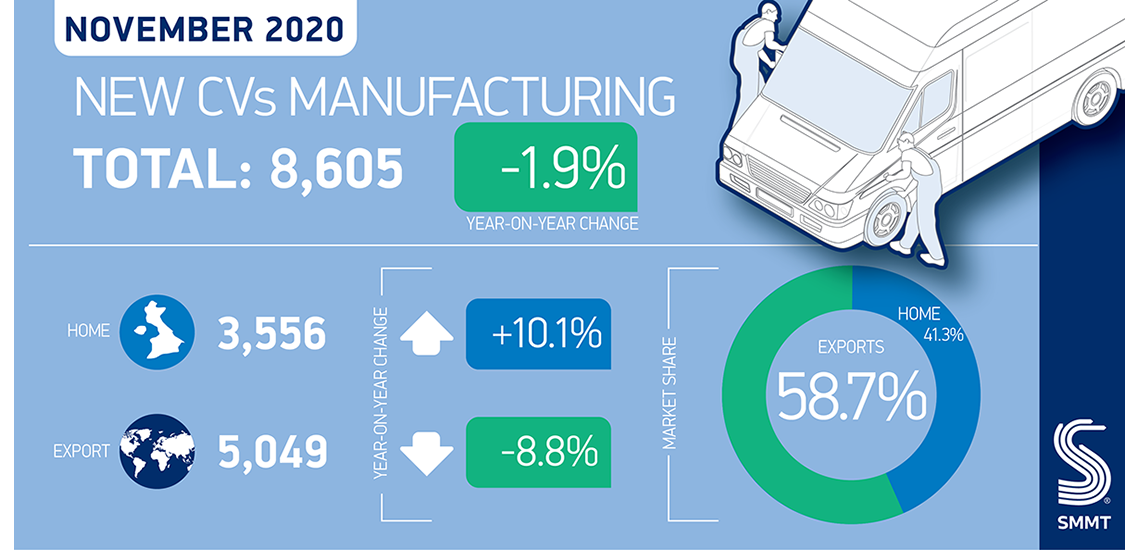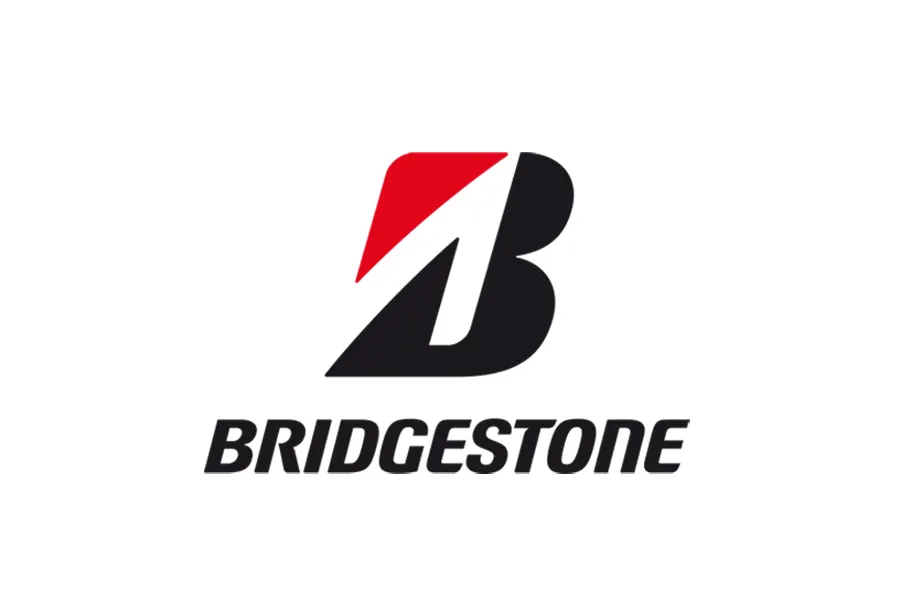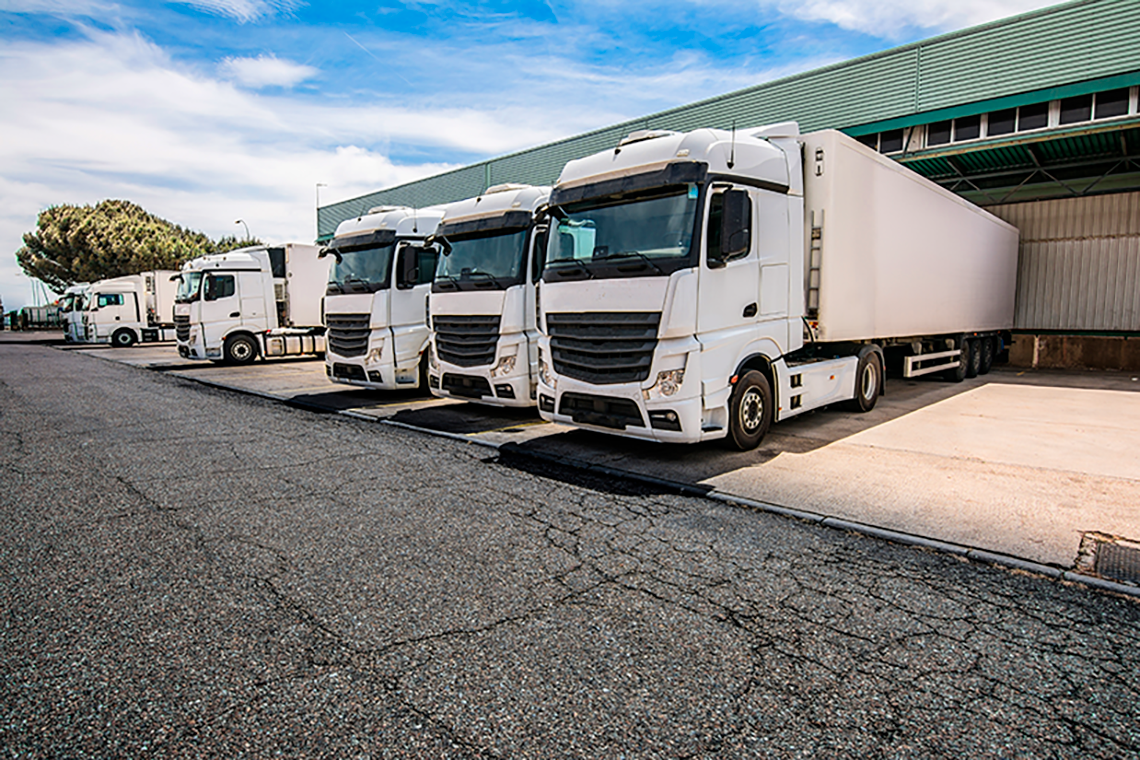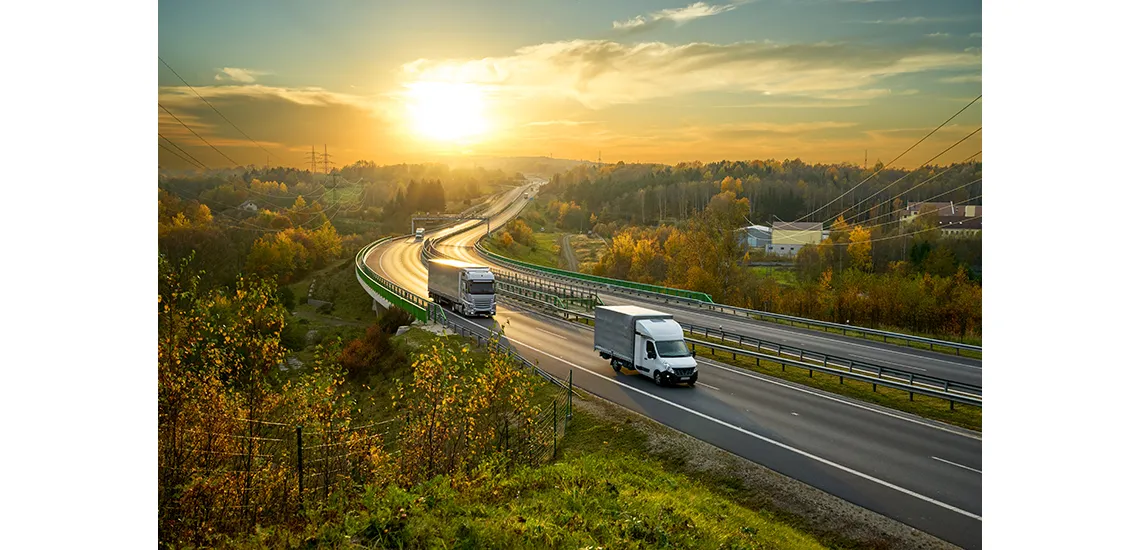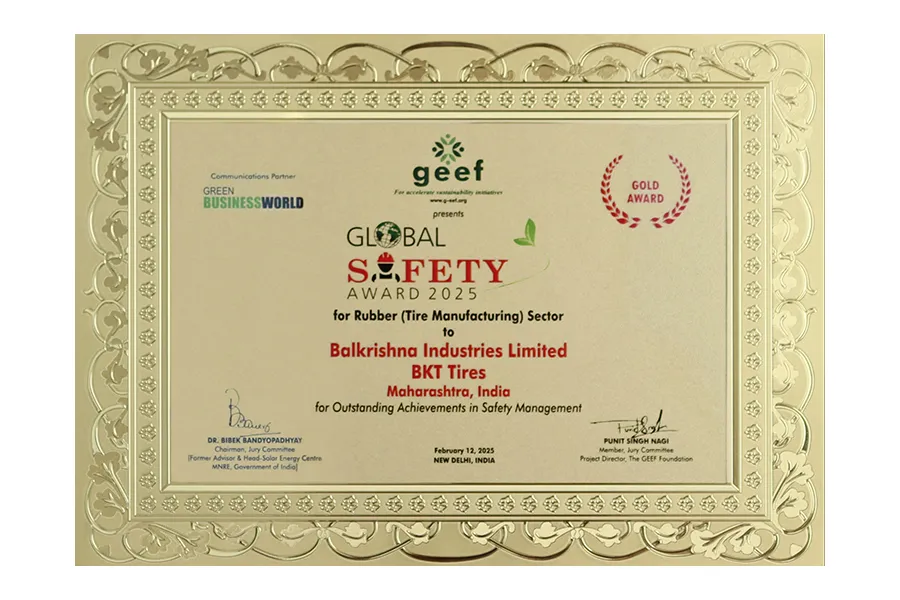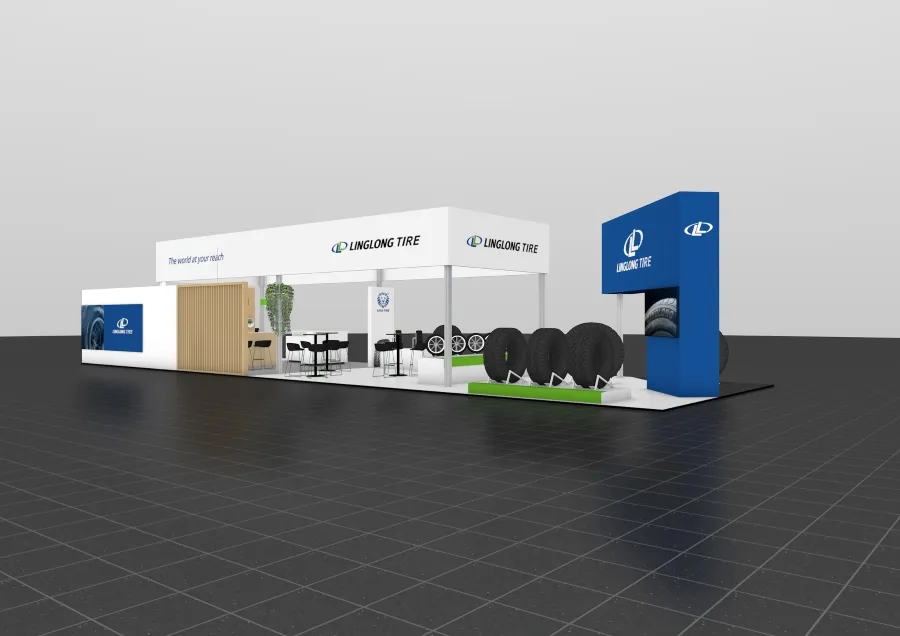UK commercial vehicle production dips -1.9% in November with 8,605 units built. Overall decrease driven by -8.8% exports decline, while production for UK rises 10.1% as sector works to meet ecommerce-driven demand. Industry calls for quick resolution to Brexit negotiations as 94.1% of all UK CV exports head to EU in first 11 months of the year.
November Sees a Drop in CV Manufacturing
UK commercial vehicle (CV) manufacturing decreased -1.9% in November, with 8,605 units rolling off production lines, according to figures published today by the Society of Motor Manufacturers and Traders (SMMT). While output for the domestic market rose 10.1%, with logistics and CV operators working flat out to meet growing demand for online deliveries, it failed to offset an -8.8% decline in exports, equivalent to a loss of 490 units, as stricter coronavirus restrictions closed off entire parts of key economies.
After production all but ground to a halt earlier in the year, output for the first 11 months is now down -16.1% to 59,539 units, with UK factories producing 11,419 fewer buses, coaches, vans, trucks and taxis than in the same month last year. Year-to-date, this loss comes at around an £825 million cost to the UK commercial vehicle sector.
94.1% of all commercial vehicle exports have been destined for EU markets so far this year, reinforcing the urgent need for negotiators to deliver a Brexit deal that ensures free and fair trade for manufacturers and helps restore business confidence.
Mike Hawes, SMMT Chief Executive, said, “While growing consumer demand for online deliveries has driven a need for new vehicles in the UK, ecommerce alone is not enough to make up the industry’s exports shortfall, even in the run-up to the year’s busiest retail period. A resurgence in coronavirus cases and the increasing fear of a ‘no deal’ Brexit as negotiating time runs out are already taking their toll, and we now, urgently, need an agreement with the EU that guarantees ongoing zero-tariff trade in order to allow the sector to recover and get back to long term growth.”

